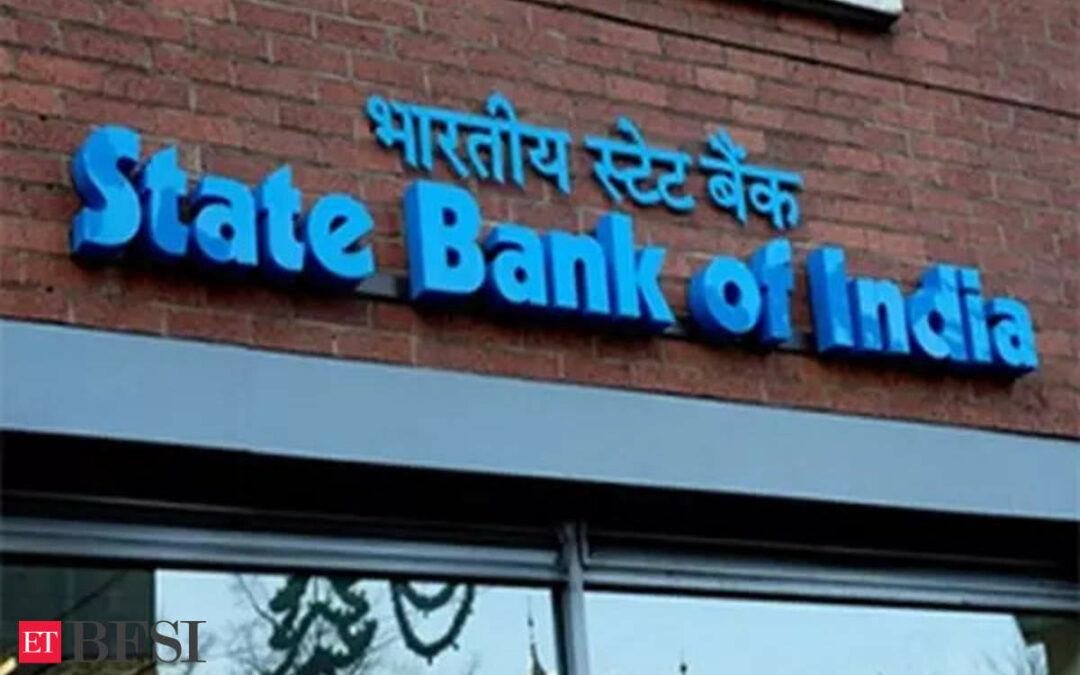Mumbai: Eighty-five per cent of about 12,000 freshers set to join the country’s largest lender SBI in FY25 are engineering graduates, its chairman Dinesh Khara has said. The bank is in the process of onboarding up to 12,000 freshers in the roles of probationary officers and associates in FY25, and there is no bias towards onboarding engineers in the ranks, Khara said, stressing that this is not by design.
After training the over 3,000 POs and over 8,000 associates with some banking knowledge, they will be channelised into various business roles.
It can be noted that this comes at a time when the banking sector is increasing its dependency on technology as it looks for newer ways of enthralling the customer, while some players are also grappling with challenges on this front.
“We expose them into banking and thereafter, channelise them into various roles in business and IT, depending on their aptitude and temperament, and that is something which is helping us ensure that there is a continuous supply of tech manpower to the bank,” Khara told PTI.
The development also comes at a time when the attrition in the IT sector – a favourite job avenue for engineering grads – is going down, leading to lower hiring by such firms even as the supply of engineering grads is high.
Khara said SBI invests a lot in terms of training the manpower and also has a dedicated in-house institute focused on instilling technology skills.
Every staff has to be ahead of the curve on technology, Khara said, pointing out that the bank handles a huge volume of transactions, and the same has to go through.
“Technology is very important, and none of us can ignore it,” he said, adding that the bank also gets guidance from the regulator on such aspects on a regular basis.
Lately, the sector regulator RBI has increased its focus on technology and penalised banks for shortcomings.
Khara declined to share the overall tech spending by the bank but stressed that it is the highest in the industry, while an official said it is much higher than the industry average of 7-8 per cent of the operational expenses.










